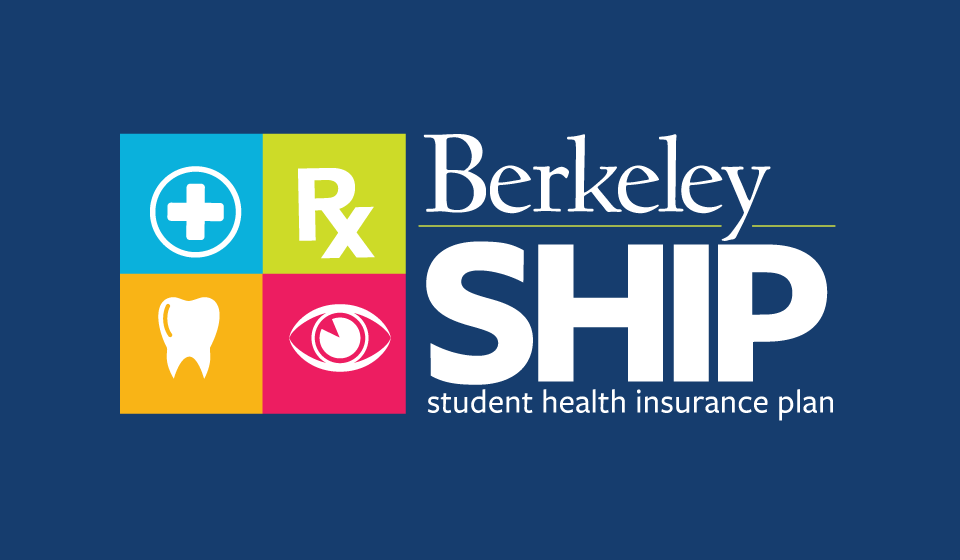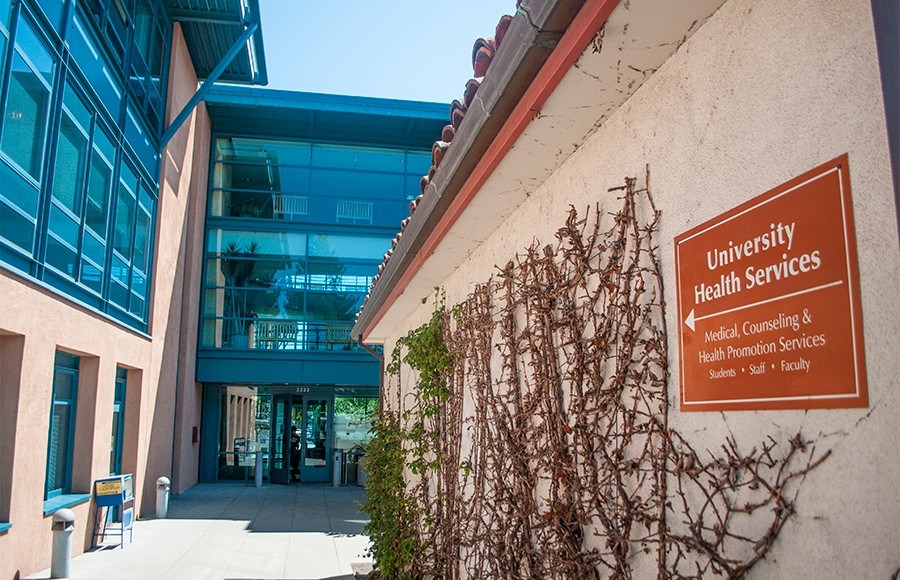The Daily Californian reported Kenya Wheeler’s story on April 25, 2012, just after the 38-year-old city planning graduate student had finished his last round of treatment for a rare cancer he had been fighting for seven months. After suffering from three seizures in August 2011, Wheeler learned that he had a dangerous tumor in his brain that would need to be removed immediately. One month after his diagnosis, he was in surgery.
Three months into his treatment, which included both chemotherapy and various medications, Wheeler’s insurance was denied at a pharmacy for a prescription refill. Upon inquiry, he learned that he had gone over his UC SHIP $10,000 cap on annual prescriptions. Towards the end of his chemotherapy, Wheeler was informed that his insurance would no longer cover the costs of his treatment because he had reached the lifetime cap of $400,000; he was forced to pay his remaining healthcare bills out of pocket. Wheeler and his girlfriend rushed to get married, giving up on dreams of a forest wedding and settling for the hospital chapel before a chemotherapy round. This way, Wheeler was able to be included on her insurance plan—and just in time, as he reportedly became officially insured a day before his pills, for which UC SHIP had stopped providing new prescriptions, would have run out.
The University of California Student Health Insurance Plan (SHIP) covers about 135,000 students on all UC campuses. It includes mental, behavioral, vision, and dental treatment, as well as access to pharmacies, and covers 100% of generic contraceptive costs for students. It operates like an insurance company but cuts out the middleman—students’ SHIP payments go directly to cover health fees of other students. This is known as a self-funded plan, and it is a cost-saving alternative used by more than 30 universities nationwide. Most of these are private schools.
The UC SHIP plan is committed to keeping up-to-date with health care developments, including the upcoming changes to be implemented when ObamaCare goes into full effect next January 1st. It will provide coverage to students with pre-existing conditions and will aim to meet minimum essential benefits. Strictly speaking, however, UC SHIP is not obligated to adhere to the new political requirements because it is a self-funded plan. While ObamaCare will make it illegal to have a lifetime cap on insurance treatment covers, the health plans at UC and some other universities can continue to implement these strategies since they are not technically insurance companies according to a strictly legal definition. Some believe that more universities will create self-funded health plans as they recognize the loophole, since it will become even cheaper with the beginning of ObamaCare. This means that students who suddenly fall seriously ill during their education here, like Kenya Wheeler did, may have to pay out-of-pocket for expensive but necessary medical treatments themselves.
While most UCs have a $400,000 coverage limit, UCLA has a $600,000 and UCSD a $750,000 cap, at higher initial costs to the students. There have been multiple student protests against UC’s current plan to keep the lifetime caps, including an on-campus rally in October 2012. UC officials have said that while they understand the frustration of the students, they are dealing with a budget issue—the insurance plan is not-for-profit, but the system cannot afford to lose money through it, either, especially given the drastic budget cuts over the past few years. Administrators agree that it is of course tragic when students exceed their lifetime caps, but they say it is too rare to justify an increase in the healthcare costs of everyone else. So far, five people covered under SHIP have crossed the limit.
As the official start of ObamaCare approaches, the University will have to make many healthcare decisions, including ones regarding the future of the SHIP lifetime cap. Whether the budget crisis will allow the system to help those few people with drastic medical insurance needs remains uncertain, but the Berkeley community will most likely voice their opinions strongly as more students learn about the issues at stake.
Article by Charlott Vallon
Feature Image Source: University Health Services
























